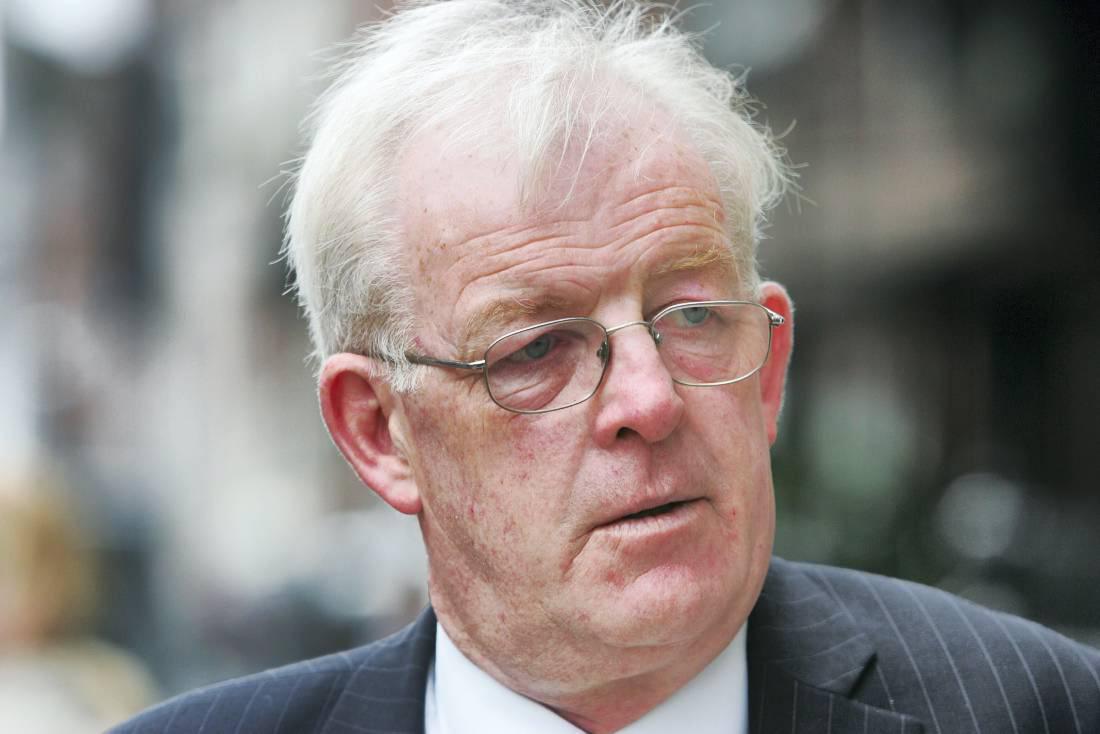Twelve months ago, the Government was celebrating, perhaps prematurely, Ireland’s exit from the €67.5bn official lending programme entered into with the troika of the IMF, the EU Commission and the European Central Bank.
The past year has seen some credible evidence of economic recovery in Ireland and the parties in government have responded by relaxing the pace of budgetary tightening. It seems to have done them little good in terms of opinion poll ratings and the year has been marked by a series of damaging political controversies culminating in the Irish Water debacle.
If a general election were to be held soon, the polls suggest that the outcome would be an unprecedented muddle with no party, or compatible group of parties, able to form a government. As so often happens, this is presented in the more parochial sections of the Irish media as a uniquely Irish situation. In fact, there has been a pattern, since the financial crisis began to unfold in 2008, of political realignments across much of Europe, with the traditionally dominant parties losing out to new entrants from left and right.
In Greece, where a general election may be called early in the new year, the polls are headed by a new left-wing party, Syriza, which has moved ahead of the centre-right New Democracy and the socialist PASOK, the two parties which have alternated in government since the restoration of democracy in the 1970s.
Something similar has happened in Spain where a new left-wing party, Podemos, is out-polling the centre-right Partido Popular and the socialists. In both countries, the two traditional parties are seen by many voters as having failed during their periods in office.
In Italy, the picture is a little different but a new party led by the comedian Bepe Grillo has emerged as a strong political force.
In France, the right-wing Front National is a possible winner of the 2017 presidential election, according to some polls, with support dwindling for the UMP and the socialists, the two dominant French parties in recent decades.
In Sweden, a snap election is due in March after the government failed to enact a budget. The rise of a new right-wing party, the Sweden Democrats, has drawn support away from the traditional parties.
In the UK, the election in May may fail to produce a winner, since the Scottish National Party and the right-wing UKIP are expected to draw support away from the Labour and Conservative parties. Labour and the Conservatives used to attract at least 90% of UK voters as recently as the 1970s but can now muster no more than about 60% between them.
There has been extra support for new parties elsewhere too, even in Germany where the anti-euro AFD party is building a following.
The pattern around Europe is thus one of declining voter allegiance to the parties which have provided stable government in recent times and which have been committed to the broader European project.
The likelihood now is that several countries could elect unstable coalitions or parties with a fundamentally hostile attitude to the EU, to the euro, or both. The political prospects in Ireland are part of this pattern and have the same ultimate cause, namely the longest and deepest economic downturn since World War II. The voter response has not been uniformly a desertion to the right or left but more a reaction against incumbent parties whatever their political colour. Any party currently, or recently, in office is vulnerable. In Ireland, voter disaffection has taken the form of a leakage of support from Fianna Fáil and Fine Gael, in particular.
In the December MRBI poll in The Irish Times, Fianna Fáil and Fine Gael combined enjoyed 40% support between them. In the November 1982 election, these two parties shared just over 84% of the votes. They have been in slow decline since but the collapse in recent years is without precedent.
As in other European countries, the two main parties have been in government in recession times and both, it would appear, are being held responsible by angry voters.
The biggest single ‘‘party’’ in the MRBI poll was ‘‘independents and others’’, that is to say a group whose candidates are not even known in many cases and whose policy platform does not exist. This is, as in so many other countries, a straight voter revolt rather than some great ideological shift in the political preferences of the electorate.
Since the eurozone crisis remains unresolved, the complexion of the governments which come to power in the various member countries over the next round of elections is a threat to economic stability. Just one country electing an anti-EU, anti-euro, or just plain unstable government could launch the next round of the crisis.






 This is a subscriber-only article
This is a subscriber-only article










SHARING OPTIONS: